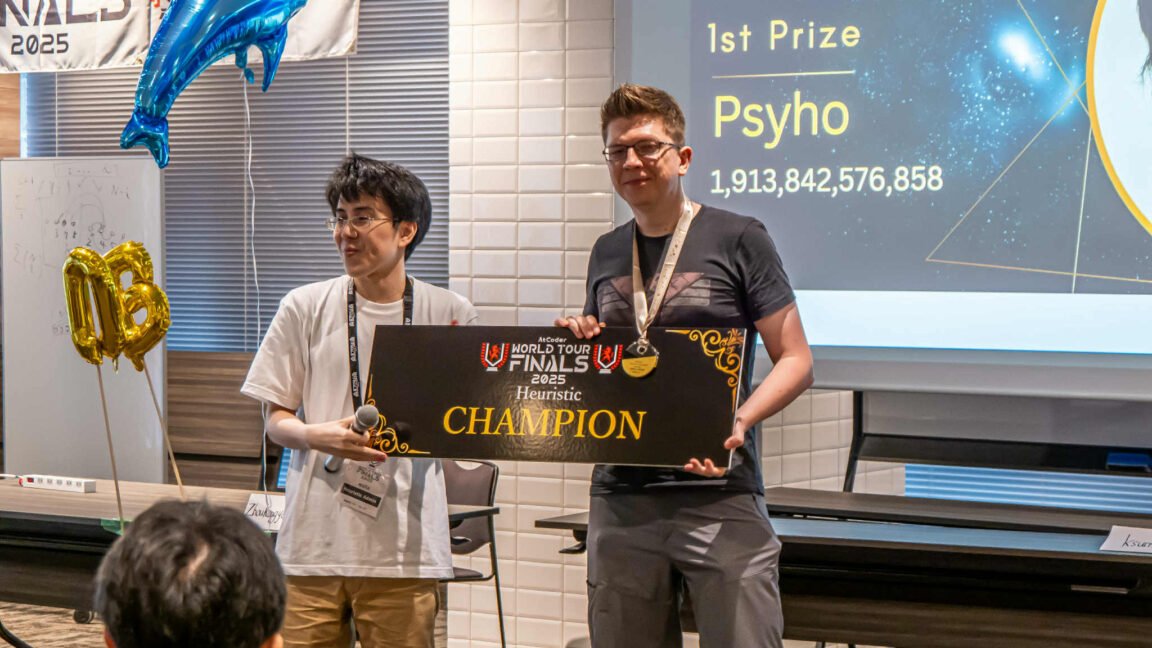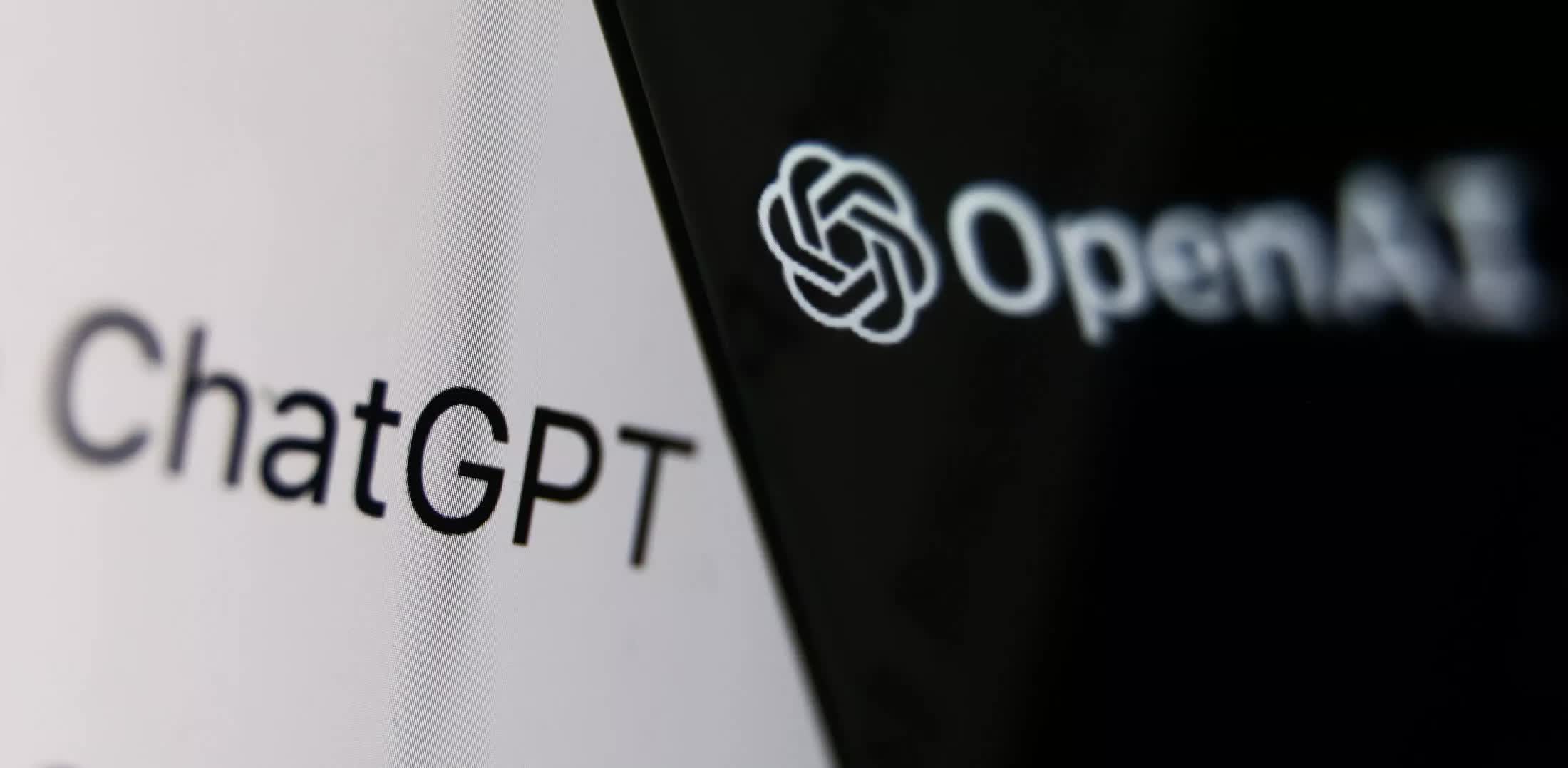Emerging Trends in Technology: From AI to New Gadgets
Author: Harry Padoan

In the rapidly evolving landscape of technology, several key trends are shaping the way we interact with the digital world. As advancements in artificial intelligence, smartphone design, and personal gadgets continue to emerge, consumers are presented with ever-growing options and innovations. This article delves into several noteworthy developments that are likely to influence technology enthusiasts and everyday users alike.
One notable player in the smartphone market is Motorola, which has recently gained attention with its Motorola Edge 50 Neo. Priced competitively, this device presents a strong value proposition for those seeking a reliable smartphone without incurring high expenses. Despite its affordability, the Edge 50 Neo is equipped with features that cater to tech-savvy users, though some may still prefer higher-end models from competitors like Samsung.

Motorola Edge 50 Neo - a cost-effective smartphone option.
In the realm of artificial intelligence, the landscape is continually shifting as new competitors arise. Mistral AI has emerged as a promising French startup aiming to compete against giants like OpenAI. Known for its AI assistant, Le Chat, and various foundational models, Mistral AI's growth trajectory reflects the increasing relevance of AI in numerous sectors. While valuation estimates suggest robust growth potential, its actual market share is still relatively limited, offering ample opportunity for expansion.

Mistral AI - a formidable competitor in the AI space.
On a broader economic front, industries are adapting to the realities of data-driven pricing strategies. Delta Airlines, for instance, has announced plans to implement an AI system for dynamic ticket pricing, allowing the company to tailor prices based on customer behavior and market demand. This innovative approach, however, has drawn criticism, with concerns about privacy and ethical pricing practices being raised by legislators and consumer advocates.
The intersection of innovation and regulation is exemplified by the recent spotlight on AI-generated content and its implications. In a tragic instance, the potential risks associated with AI technology became glaringly evident when a teenager was targeted by blackmailers using an AI-generated image. This case has sparked a conversation on the ethical ramifications of AI applications and the necessary safeguards that should be enacted to protect individuals.

Delta's dynamic pricing system raises questions about privacy and ethics.
The programming community is also abuzz with news of an extraordinary coding championship where a human competitor triumphed over an AI model after an exhausting ten-hour contest. This event not only showcases the resilience of human ingenuity but also highlights the ongoing competition between humans and AI in technical fields. While AI tools are becoming ubiquitous in coding and optimization tasks, this victory serves as a reminder of the irreplaceable qualities of human programmers.

Humanity prevails over AI in a historic coding championship.
Parallel to these discussions, cryptocurrencies and their future trajectories are making headlines. Analysts are predicting that Bitcoin may aim for a remarkable $300,000 target amid growing interest in AI-driven investment strategies. The Ozak AI token, in particular, is attracting attention due to its potential for dramatic growth, reflecting the broader convergence of AI technology and financial investment.

Analysts predict Bitcoin's upcoming rally—potentially reaching $300K.
Innovation isn't limited to smartphones and AI; it extends to the realm of space exploration as well. The launch of France's Baguette One rocket represents an intersection of culinary and aerospace innovation, symbolizing the creative synergy between different fields. This event showcases a new wave of interest in space technology, capturing public imagination and fueling hopes for future explorations.
Meanwhile, foundries are racing against time to adopt cutting-edge chip technology, with Japan's Rapidus claiming significant progress on its 2nm chip production timeline. Despite being two years behind some competitors, Rapidus is determined to make strides in the semiconductor field, reinforcing the global race for technological superiority.
Lastly, OpenAI continues to refine its tools, with its new AI agent capable of filling out online forms and generating presentations seamlessly. This capability illustrates the practical applications of AI in everyday business processes, making users' lives easier and more efficient.

OpenAI's new AI agent simplifies online tasks.
Overall, the trends and innovations discussed highlight a vibrant technology landscape where advancements shape both consumer experiences and industry practices. As technology continues to evolve, it is crucial for stakeholders to engage in dialogues about the ethical implications and sustainability of these innovations.
As we move forward, keeping abreast of these developments will not only enable consumers to make informed choices but also empower industries to harness technology responsibly, paving the way for a future that's driven by ethical considerations alongside innovation.